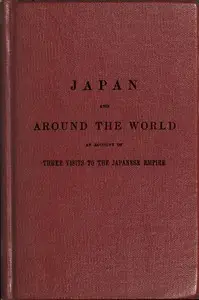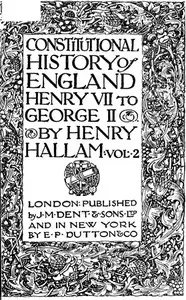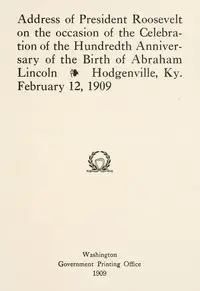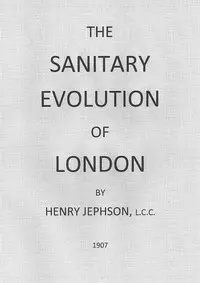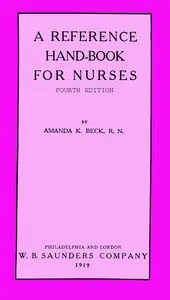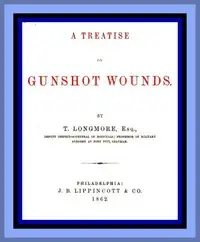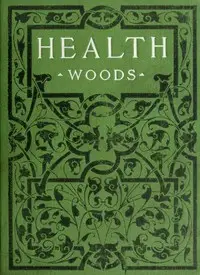"Commentaries on the Surgery of the War in Portugal, Spain, France, and the Netherlands" by G. J. Guthrie is a historical account written in the mid-19th century. This work reflects on surgical practices developed during significant military conflicts from the Battle of Roliça in 1808 to the Battle of Waterloo in 1815, and includes insights from the Crimean War as well. It explores various surgical techniques, especially in relation to military injuries, and highlights advancements in surgical science prompted by war. At the start of this text, the author outlines the purpose and scope of his treatise, emphasizing the developments in surgical practice stemming from firsthand observations during the Napoleonic Wars and the Crimean War. The opening chapters delve into the nature of gunshot wounds, describing their characteristics and the recommended treatment approaches. Guthrie shares a wealth of clinical cases, offering practical advice based on experiences from the battlefield, which would have been critical knowledge for military surgeons of the time. He also discusses the principles of treating various injuries, the complications that arise, and the imperative for improved surgical education and practices in military contexts. (This is an automatically generated summary.)
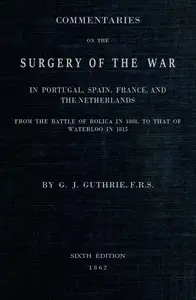
Commentaries on the Surgery of the War in Portugal, Spain, France, and the Netherlands from the battle of Roliça, in 1808, to that of Waterloo, in 1815; with additions relating to those in the Crimea in 1854-55, showing the improvements made during and since that period in the great art and science of surgery on all the subjects to which they relate.
By G. J. (George James) Guthrie
"Commentaries on the Surgery of the War in Portugal, Spain, France, and the Netherlands" by G. J. Guthrie is a historical account written in the mid-1...
George James Guthrie was an English surgeon, born in London of Scottish parents. He was admitted to membership in the Royal College of Surgeons in 1801. As army surgeon, he served in the Peninsular campaign, and his work there won the praise of the Duke of Wellington. In 1816 he began a series of lectures in surgery to the officers of the army and navy, which he continued for nearly 30 years. In 1824 he became a member of the council of the Royal College of Surgeons, of which he was three times president, and also professor in 1818–1831. His principal works are:On Gunshot Wounds of the Extremities Requiring the Different Operations of Amputations, and their After Treatment Lectures on the Operative Surgery of the Eye On the Anatomy and Diseases of the Urinary and Sexual Organs Commentaries on the Surgery of the War in Portugal, Spain, France, and the Netherlands


